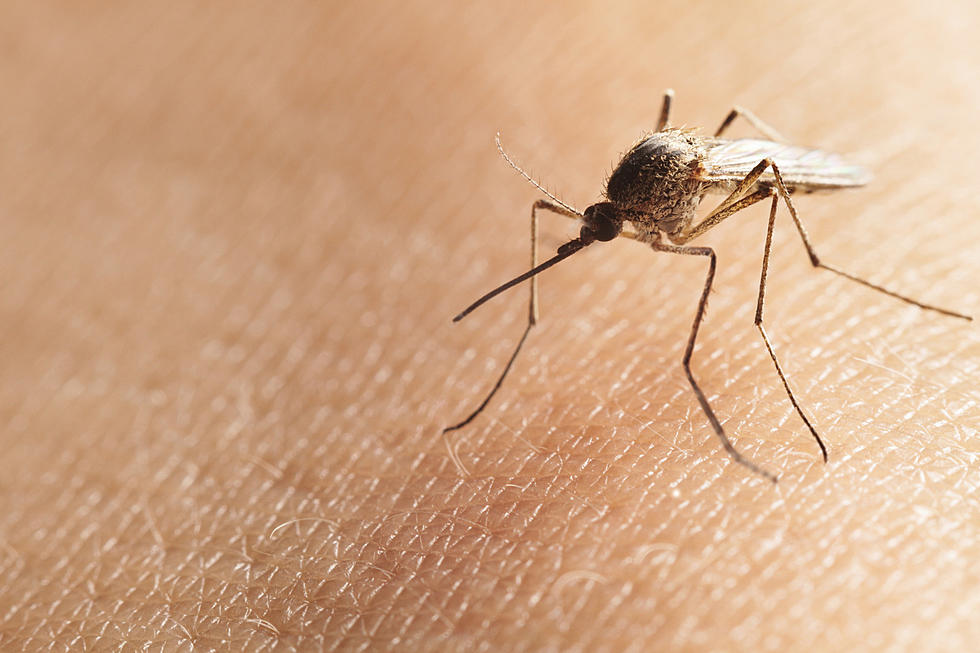
Danger: Rare Mosquito-Borne Disease Confirmed in Alabama, 1 Dead
An extremely rare mosquito-borne disease that in some cases has been fatal has been confirmed in Alabama.
Eastern Equine Encephalitis (EEE) Virus Disease
Around 30% of individuals diagnosed with EEE do not survive, and a significant number of those who do experience long-term neurological complications.
Symptoms of those infected with EEE typically occur 4 to 10 days after a bite. Patients are diagnosed by a blood or spinal fluid test.
Those who are infected can experience no or mild symptoms like fever. However, severe cases can lead to “encephalitis (swelling of the brain) or meningitis (swelling of the membranes that surround the brain and spinal cord),” said the CDC.
The symptoms start with a sudden fever, chills, headache, and vomiting. The condition may then advance to disorientation, seizures, and coma. About one-third of individuals who contract encephalitis from the EEE virus do not survive, and those who do often experience varying degrees of brain damage.
Impact of Eastern Equine Encephalitis (EEE) on Alabama
Toward the end of this summer, two cases of EEE were confirmed in Baldwin County Alabama which included one death.
Currently, there is no treatment nor vaccine available for EEE according to the Alabama Public Health Department.
How Rare is EEE in the United States?
Even though EEE is one of the rarest mosquito-borne diseases found in the United States, last year there was one case and in 2019 there were 38 cases and 9 deaths.

Jon Rayner, an associate professor of microbiology and immunology at the University of South Alabama, told NBC News that “one or two cases of EEE in a year is not unexpected for his state. But tick and mosquito season is stretching into the fall and winter, especially in the South.”
How to Protect Yourself
The Alabama Public Health Department recommends the following:
Use insect repellents.
Wear long sleeves and long pants when possible.
Wear loose-fitting, light-colored clothes.
Treat clothing with repellents.
Use air conditioning or screens on windows and doors.
LOOK: 20 of the biggest insects in the world
Quiz: Do you know your state insect?
Plant Some Of These In Your Garden to Keep Mosquitoes Away
LOOK: 11 tick-borne illnesses and what to watch out for during your outdoor adventures
